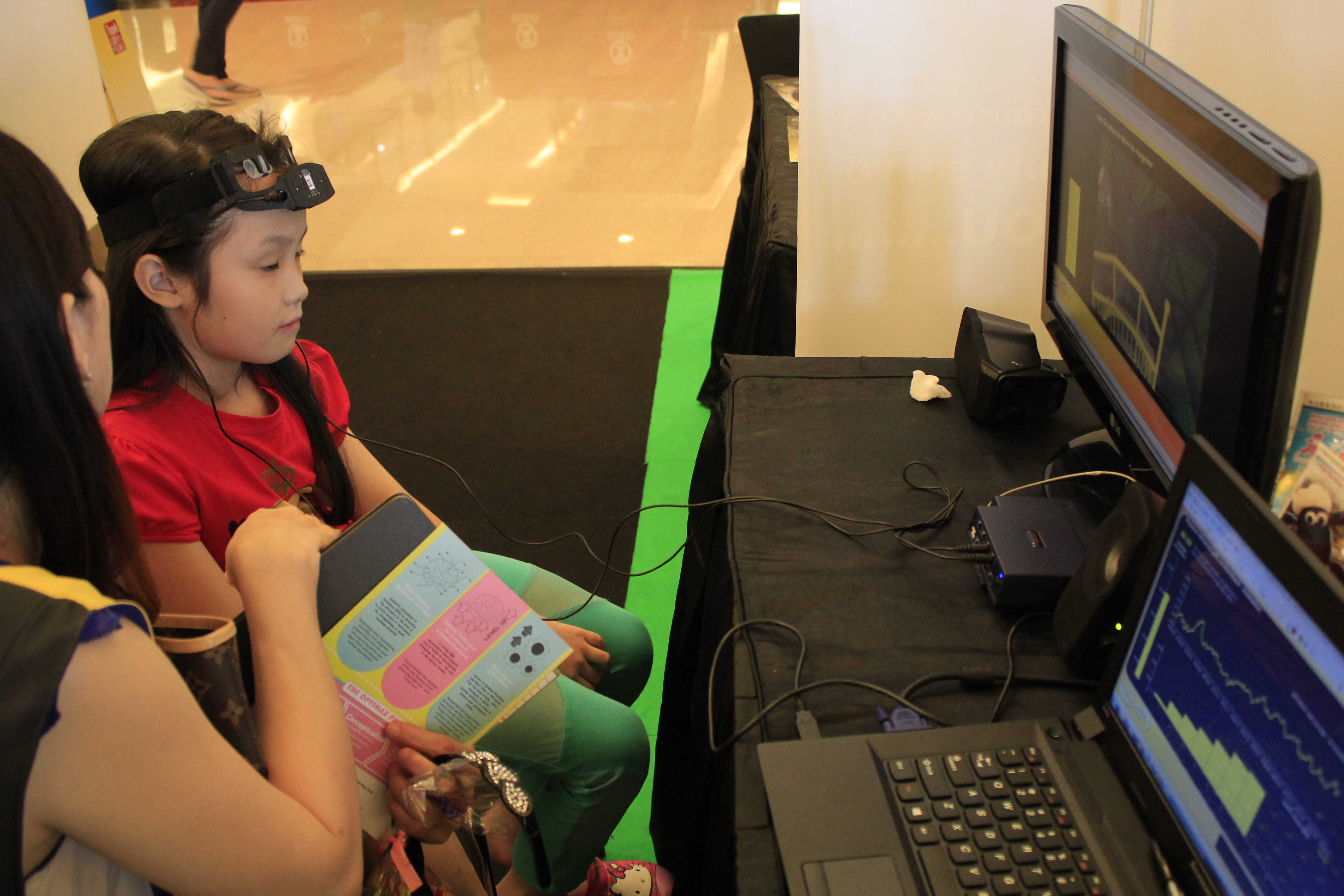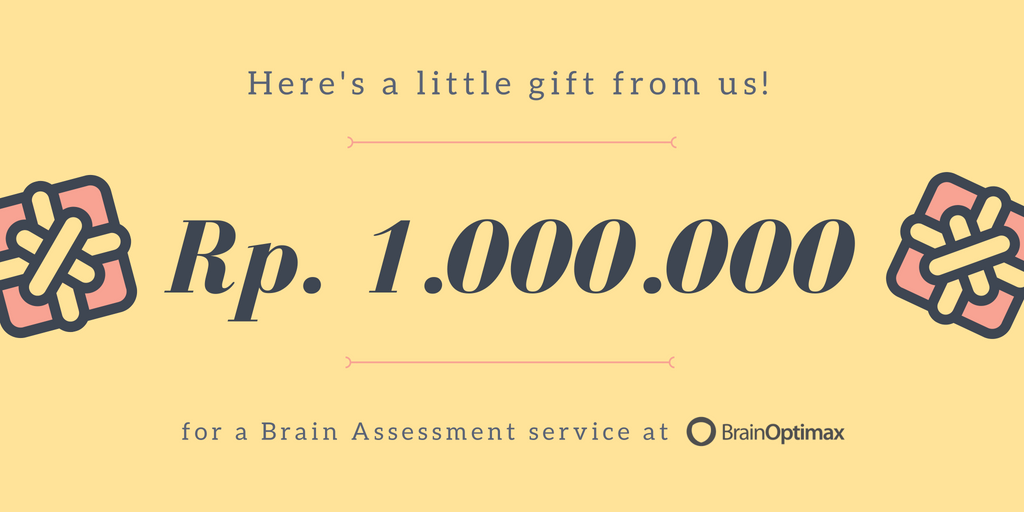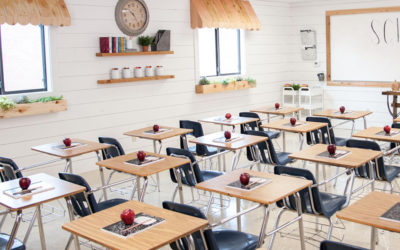TIPS MENJAGA OTAK SELAMA MASA LIBURAN

1. Olahraga Fisik.

2. Nutrisi Sehat.

3. Istirahat Cukup Dan Manejemen Stres.

4. Melatih Otak & Stimulasi Mental Berkelanjutan.


Kelekatan Anak Dan Sifat Pemalunya
You're on Brain Optimax's Learning SiteGo to Brain Optimax's Main Site →Pada usia lebih dari 24 bulan, anak mulai memiliki ketertarikan untuk berinteraksi dengan orang selain anggota keluarga. Perilaku yang terlihat bisa berupa menyapa atau memperhatikan orang asing....
4 Essential Tips to Staying Brain Fit During the Holiday Season
The holiday season is an ideal time for your child to rest and recharge. If your child has been yearning for a break from the stress and routine of the hectic academic school term – he now has a “neuro-scientific” excuse for it. …
4 Tips to Enhance the Love of Reading
You're on Brain Optimax's Learning Site Go to Brain Optimax's Main Site → Reading is very important in our school-age children’s lives. Even though it is involved in every subject, many children struggle to love it, some even hates the activity. How to get our...







0 Comments